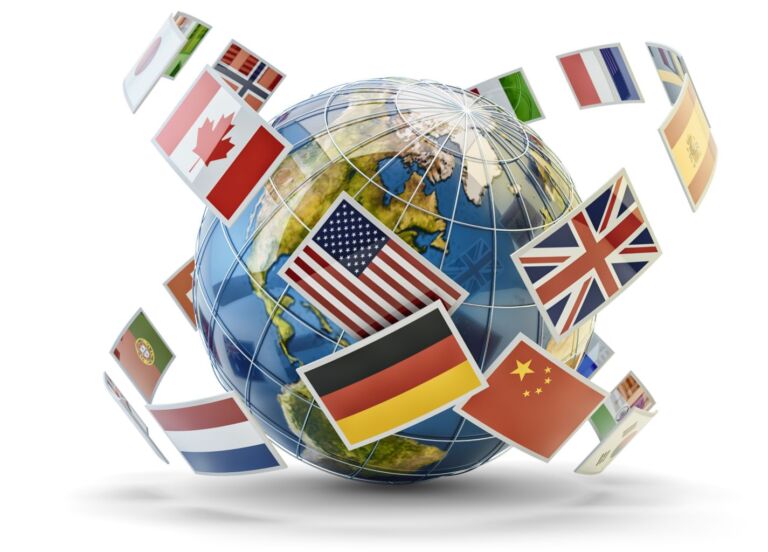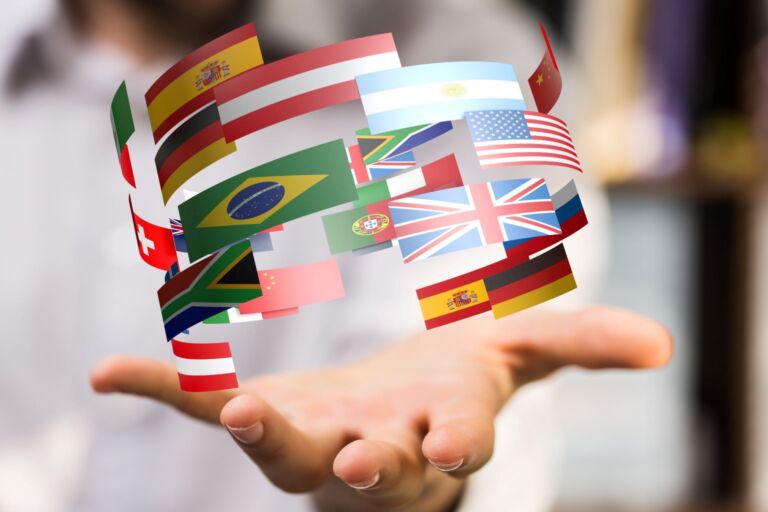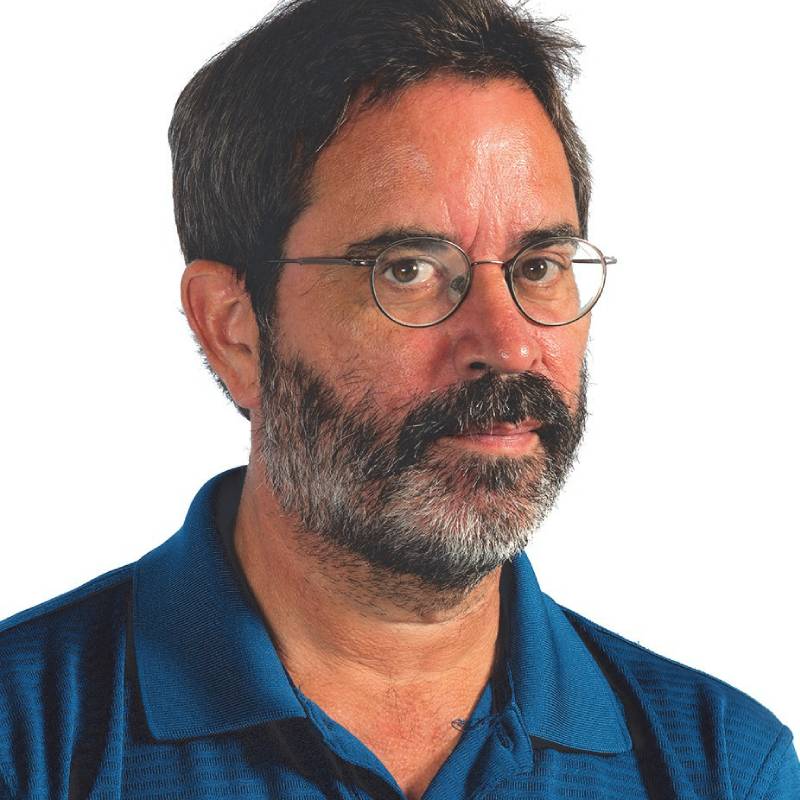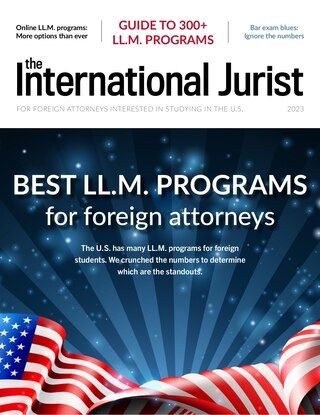American University Washington College of Law’s Program on Information Justice and Intellectual Property (PIJIP) hosted the Fifth Global Congress on Intellectual Property and the Public Interest Sept. 27-29, welcoming hundreds of researchers, activists, and practitioners at the intersection of intellectual property and public interest to the AUWCL campus.
The goal of the Global Congress is to foster work between academics and policy advocates from across the globe to promote evidence-based policy-making. The three-day event featured panels, Ted-style talks, and workshops that encouraged an inter-disciplinary, globally networked community of experts and practitioners focused on public interest aspects of IP policy and practice.
Various IP workshops and receptions took place across DC prior to the start of the Global Congress, including at Public Citizen, the Computer & Communications Industry Association, and the Microsoft Innovation and Policy Center.
“The Global Congress is a unique gathering,” said Professor Michael Carroll, director of PIJIP. “AUWCL was the host of the first Congress in 2011, which has subsequently been held in Brazil, South Africa, and India. We are delighted to be hosting this extraordinary gathering of policy-minded scholars, researchers, and advocates. Together, we are working to identify opportunities to articulate and to further the public interest in international and national intellectual property law and to share knowledge and experiences among these different groups.”
Over 200 distinguished speakers attended the Global Congress, including AUWCL faculty experts Professor Carroll, Professor Sean Flynn, PIJIP associate director; Professor Christine Farley, PIJIP faculty director; Professor Michael Palmedo, PIJIP assistant director; and Professor Emeritus Peter Jaszi, co-founder of the Glushko-Samuelson Intellectual Property Clinic. AUWCL’s Meredith Jacob and Andrew Izquierdo also spoke, along with American University Professor Patricia Aufderheide and Fellow Andrew Rens from the School of Communication.
In total, there were 420 participants and 250 speakers at the event, with 54 countries represented. The event included 67 partner organizations, eight book launches, seven film screenings, and one proposed public interest treaty.
On Friday, Jaszi moderated the event’s symposium, the American University International Law Review Symposium on Intellectual Property and Development.
“I believe the approach that focuses on openness – and limitations and expectations and flexibilities – has left behind vast segments of the human population,” said Jeremy de Beer, professor of law at the University of Ottawa’s Centre for Law, Technology and Society and director of Open AIR. “It’s not enough to just say that we need more opportunities for access to knowledge in the global knowledge governance system, but we need to start working toward much more active, positive steps to guarantee inclusion…positive steps to include segments of the population globally that have been excluded and marginalized by the current approach.”
Margaret Chon, Donald and Lynda Horowitz Professor for the Pursuit of Justice at Seattle University School of Law, noted that the many forms of knowledge production and distribution “raise questions about the propriety of universal rule structures.”
“Rather than focusing on the well-documented, dialogical interplay between harmonization and resistance, a meta-focus on globalized intellectual property could instead examine recurring features of knowledge systems across regions, [providing] a pattern analysis.”
To view select discussions and panels from this year’s Global Congress, click here.







